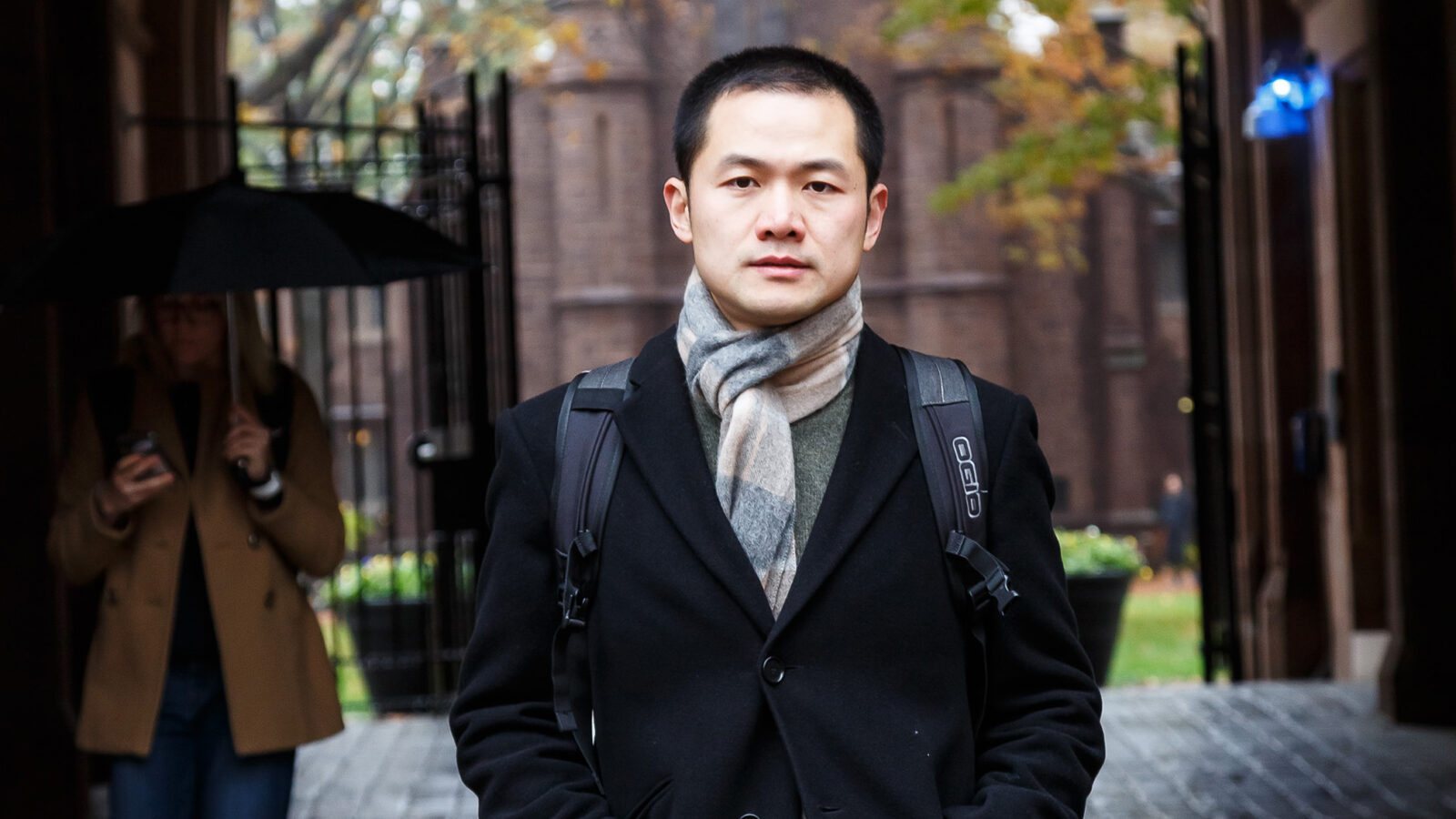May 2020
The role of journalism is to seek the truth, without fear or favor. So however polarized the political discourse is in any country, the role for journalists remains to provide accurate information and consequent, fact-based analyses.
One of the biggest challenges for journalists in this pandemic has been to tackle politicized health information and advice. Even experts will admit that there is much about the disease that we still do not know, hence it can be a difficult balance for journalists who on the one hand would have to report on what political leaders say; but on the other hand, must make sure they don’t mislead the audience.
This speaks to a bigger demand for specialist reporters these days, for example those who can find accessible language to help audiences understand such things as a new medical discovery; or those who can explain why a particular claim from a political leader is not based on facts. In the BBC, for example, its specialized health correspondents and misinformation experts have played a gigantic role in helping the public understand this health crisis and debunking unsubstantiated claims.
One of the immediate effects of this pandemic has been the acceleration in the decline of local news outlets. If we believe a good society is built from bottom up, this might be a worrying trend.
In the long term, outlets that have strong financial backing are more likely to come out of this crisis better than those that do not have it. There will be a reduced variety of media outlets, and the advertising-based business model of those who survive may be less fruitful during a time when the economic future is becoming much less certain.
But it’s not just all doom and gloom. This crisis certainly sparked more conversations on finding a more sustainable model for many outlets. What we have also seen, at the same time, is that more people are tuning in to trusted news sources throughout this pandemic. The BBC, Britain’s public broadcaster for example, has seen a huge increase in audiences in recent weeks. According to the Corporation’s Director General, 94% of the UK accessed the BBC for “information, entertainment or education” during the pandemic. While the cacophony on social media will continue to resound, this crisis also showed that in a time of national and international crisis, public service broadcasting continues to be valued by the public. This is a rare moment in a time of polarization, and it is encouraging for those who have faith in—and still pay for—it.
In Asia Matters, we go beyond the headlines and explore what shapes the world’s most populous region. There has been a lot of talk of the importance of Asia of late, yet I found our understanding of this region is still very much driven by headline news – at least in Europe. This is understandable given headlines cannot explain the nuances and differences of various systems and cultures inside Asia itself. So, Asia Matters sets out to fill this knowledge gap and hopes to contribute to the public’s understanding of this fast-changing and consequential region.
Since the inception of this podcast, we’ve looked at how colonial history in Myanmar shapes its political economy today – and what the West got wrong about Myanmar. We have also examined how China’s ambition in technology shapes the tech landscape in Asia, and how the biggest financial scandal in Malaysia developed—and what it says about money and power in Southeast Asia today.
As you can see from these titles, we try to help our listeners go a step further, to look at history, trends and contexts. In an even more fragmented information sphere today, this is where opportunities lie for regional expertise.
One of the biggest takeaways from this fellowship has been the importance of leadership and the value of mentoring. I am now very conscious of them both in my daily work. The whole idea of leadership sounds a bit abstract, but in fact it’s very real. Good leadership makes brilliant things happen and helps people grow; bad leadership diminishes the meaning of the profession and is also self-defeating. Throughout my career I’ve worked with different types of leaders. In retrospect, it was under some really good leaders that I grew fastest professionally and found the meaning in the work I do. The World Fellows Program gave me this exceptional opportunity to learn why good leadership matters. This was through things like weekly readings of classic cases such as The Parable of the Sadhu with the other Fellows and learning from them. Mentoring is equally important. Good leaders mentor. I have had the fortune to mentor some brilliant undergraduate and postgraduate students at Yale. Over time we also become friends. I’m happy to report that nearly two years after I left Yale, I am still in touch with them, and I’m proud of what they have achieved—both professionally and personally.
To be honest I have many ambitions in the things I would want to change in this world. But if you only want to hear one, then it’s climate change, which will be the greatest challenge confronting all of us over the decades to come and will mean fundamentally rethinking the way we live. It’s easier said to be done, but every little effort helps and matters.

